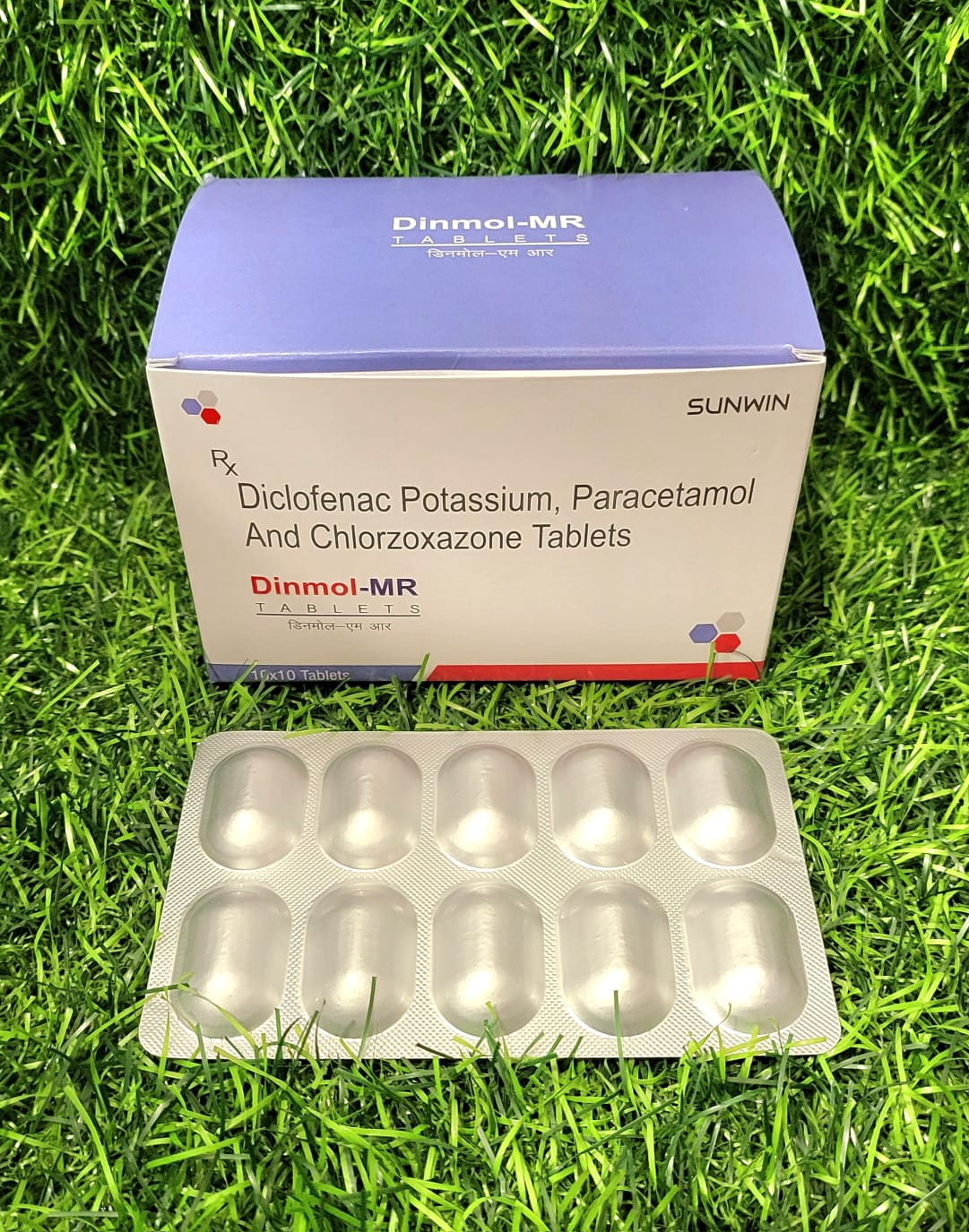Composition:-
Clopidogrel 75 mg
Uses:-
Clopidogrel 75 mg is a medication commonly used to prevent blood clots in individuals at risk of heart attack, stroke, or peripheral artery disease. It belongs to a class of drugs known as antiplatelet agents, which work by preventing platelets in the blood from sticking together and forming clots.
Side Effects:-
- Bleeding: The most common side effect of clopidogrel is an increased risk of bleeding, which can range from mild bruising to more severe bleeding events. Contact your doctor if you notice unusual bleeding or bruising.
- Upset Stomach: Some individuals may experience gastrointestinal symptoms such as stomach pain, indigestion, or diarrhea while taking clopidogrel.
- Headache and Dizziness: Clopidogrel may cause headaches or dizziness in some people, especially when starting the medication. These symptoms usually improve with continued use.
- Allergic Reactions: Rarely, clopidogrel can cause allergic reactions characterized by rash, itching, swelling, or difficulty breathing. Seek medical attention if you experience these symptoms.
- Neutropenia: In some cases, clopidogrel can cause a decrease in white blood cell count (neutropenia), increasing the risk of infections. Contact your doctor if you develop signs of infection such as fever or sore throat.
- TTP (Thrombotic Thrombocytopenic Purpura): Although rare, clopidogrel has been associated with a serious condition called thrombotic thrombocytopenic purpura, which can cause blood clots to form in small blood vessels throughout the body.
Indication:-
- Prevention of Heart Attack and Stroke: Clopidogrel is prescribed to prevent blood clots in individuals who have had a recent heart attack, stroke, or certain types of heart disease, reducing the risk of further cardiovascular events.
- Peripheral Artery Disease (PAD): It is also used to reduce the risk of blood clots in people with peripheral artery disease, a condition characterized by reduced blood flow to the limbs due to narrowed arteries.

